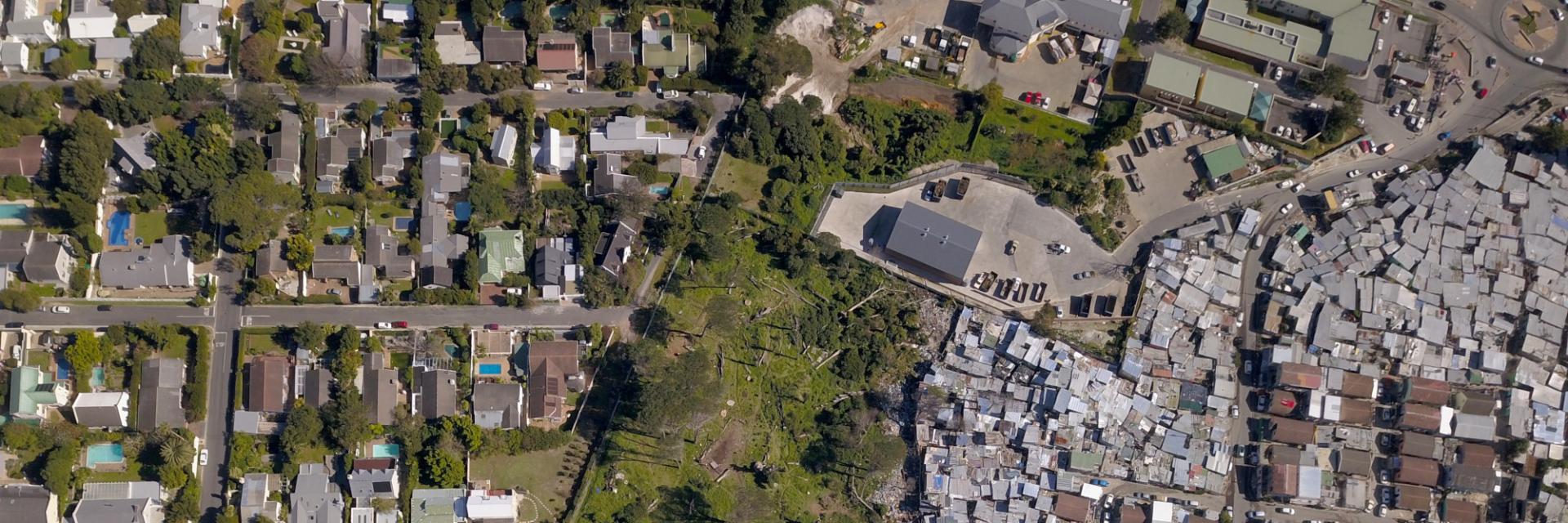Gaborone, Botswana, 10 November 2023 (ECA) - Southern African countries must tap into political will across the region and address the real causes of poverty and inequality which have reversed development gains in the region.
“There is need to optimize political will to face and directly confront the actual root causes of socio-economic challenges in the region in order to conquer the poverty, inequality, unemployment and all the associated vulnerabilities that plague the continent,” Botswana’s Trade and Industry Deputy Permanent Secretary, Lesedi Kgotlele, said in closing the 29th Meeting of the Intergovernmental Committee of Senior Officials and Experts of Southern Africa (ICSOE), a statutory meeting of the Economic Commission for Africa (ECA).
Southern Africa is battling increased poverty and widening inequality which has been attributed to multiple challenges which have been worsened by the COVID-19 after-effects, the geopolitical tension in Europe and the impacts of climate change. As a result, the region is off the mark in attaining most Sustainable Development Goals and aspirations of Agenda 2063.
“We are all in agreement that poverty must not exist amidst plenty as we are all aware that the continent is highly endowed with natural resources that required in the whole world. said Ms. Kgotlele, adding that, “Let the region and the continent therefore target the real problems of elite monopolization which actually compromises the regional economic development and perpetuates poverty and inequality.”
Speaking during a 29th ICSOE panel discussion, the Executive Director of the Open Society-Africa, Sipho Malunga, said there was no reason for Africa and the region to be poor given its rich mineral and other natural resources. He said the major cause of the poverty and widening inequality was captured politics and captured economies that served elites at the expense of the majority.
“Unless and until we free our economies from the bondage of politics and politicians, we will not progress,” Mr. Malunga said, adding that, “We have a problem of leadership, a crisis of leadership is prevalent on the continent.”
The meeting received recommendations from the three Ad hoc Expert Group Meetings (AEGMs) held prior to the 29th ICSOE and validated the three study reports commissioned by the ECA on; the Status of poverty and inequality in Southern Africa; Leveraging the African Continental Free Trade Area (AfCFTA) for poverty and inequality reduction in Southern Africa; and on Regional Integration in Southern Africa – Accelerating the implementation of the AfCFTA in Southern Africa building on the acquis of the RECs FTAs.
The experts recommended improvements in the technical and substantive aspects of the three study reports. They also recommended that member states and other stakeholders speedily implement the AfCFTA agreement with a view to reducing poverty and inequality. The full implementation of the AfCFTA Agreement will entail supporting the private sector especially MSMEs to drive industrialization and value chains development, recalling that MSMEs tend to be dominated by women and youth who are disproportionately impacted by poverty and inequality, and thus their prosperity directly contributes towards addressing the two vices.
Ms. Kgotlele reminded the Session that the presented reports painted a “very gloomy picture of our achievements” because of the noted high levels of poverty and inequality in the region necessitating that “at national and regional level we need to go back to the drawing boards to correct the anomalies observed in relation to these socio-economic indicators” She implored member States to accelerate implementation of the agreement and especially to develop value chains to underpin development.
Speaking at the same meeting, ECA Sub-regional Office for Southern Africa Director, Eunice Kamwendo, said with increased understanding of the social and economic conditions in Southern Africa, particularly on the status of poverty and inequality in the region, action was imperative to developing well-informed remedial measures.
Ms. Kamwendo said the ECA was committed to facilitating the implementation of the recommendations of the 29th ICSOE of Southern Africa and to support member States and Regional Economic Communities (RECs) in responding to the socio-economic developmental challenges in the region.
Issued by:
The Sub-Regional Office for Southern Africa
UN Economic Commission for Africa (ECA)
P.O. Box 30647, Lusaka, Zambia.
Media Contacts:
Ms. Lavender Degre,
Communication Officer
Tel: +260 211 228502/5 Ext. 21307
DL: +260 211 376607
Email: lavender.degre@un.org

